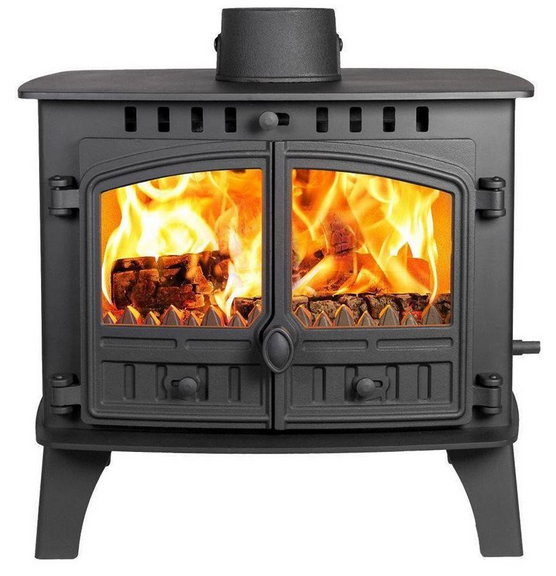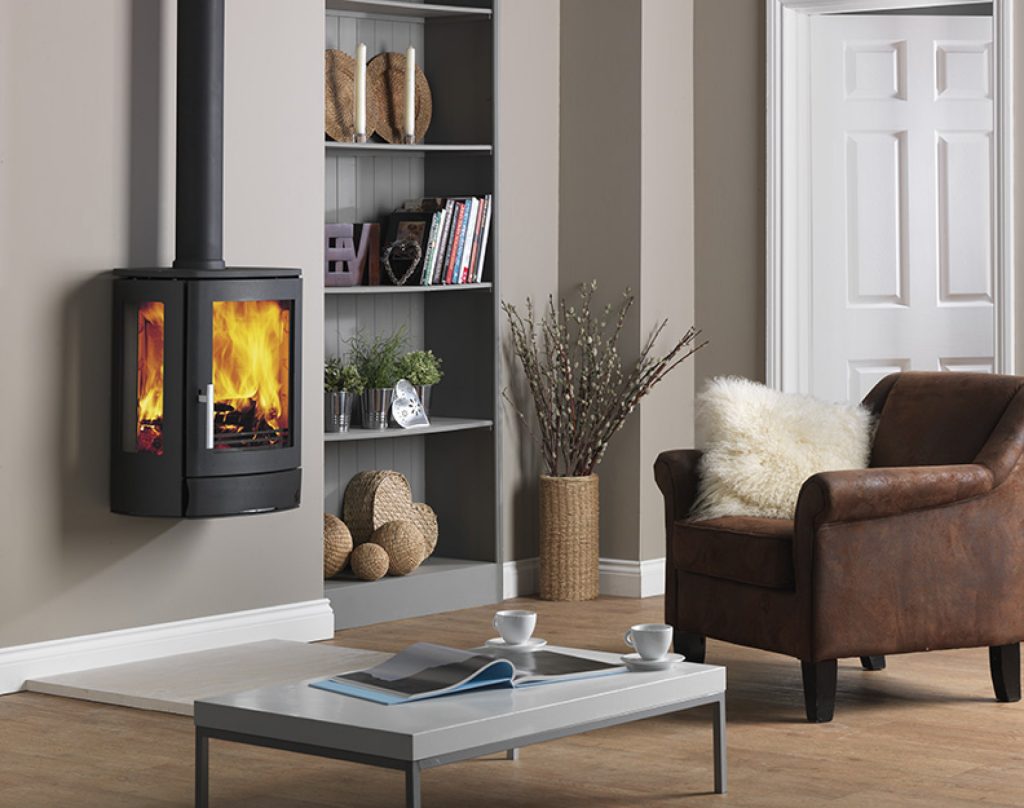Climate change has been a central theme through the ongoing UK general election and is likely to continue to be a focal element of any future UK government. We have seen demonstrations across the world, promises of additional assistance from governments and the public are starting to put pressure on their political representatives. However, is the stove industry doing enough to combat climate change?
Renewable fuel sources
Perhaps one of the most basic issues to consider first of all is the use of wood as a fuel for wood-burning/multifuel stoves. This is a renewable source of energy as for each tree cut down another can be planted in its place. Indeed if we listen to the political parties today, they are promising to plant millions of trees across the UK to remove a degree of carbon from the atmosphere. So, when it comes to wood burning stoves it is fair to say that renewable fuel sources are a useful addition to the fight against global warming.
The issue is a little less clear-cut when it comes to solid fuels but there have certainly been advances in the different types of fuel available and their impact on the environment.
Efficient burning of fuel
One of the main problems when looking at wood-burning/multifuel stoves is the fact that the more efficient more recent stoves are still considered in tandem with their counterparts from decades ago. This is obviously unfair and to make matters worse they are often discussed in the same breath as open coal fires. When you consider that a wood-burning/multifuel stove is potentially around 80% efficient this compares to a high of just 30% for coal fires. However, as we touched on above, we also need to split older stoves with the ones containing the latest technology.
There are still many stoves around today which were introduced decades ago such is their durability and underlying strength. However, slowly but surely these stoves are being phased out and replaced by more modern more efficient machines. The ability to burn, re-burn and ignite fumes before they leave a stove has significantly reduced emissions. It would be foolish to suggest that emissions are anywhere near zero but comparing a modern day stove to those from 20 or even 10 years ago will show the advances.
Stove restrictions
There are numerous areas around the UK where only DEFRA approved stoves can be used and in some places there is talk of banning stoves in areas with relatively high air pollution. At this point it is fair to clarify that air pollution caused by stoves is but a fraction of that created by motor vehicles and power stations for example. However, it is also fair to reduce all emissions from all potential sources when looking to reduce and control air pollution across the country.
To be fair to the stove industry, many of these usage restrictions began years ago prior to the recent focus on climate change and in particular air pollution. It is highly likely we’ll see an array of new restrictions in the months and years ahead. Whether politically motivated or genuine concerns about the environment, you can decide.

European directives
Even though the UK is set to leave the European Union in light of the 2016 referendum, all stoves manufactured and used in the UK will abide by European directives on air pollution. The main directive is the Ecodesign 2022 which was proposed by the stove industry as a means of combating criticism about air pollution. Interestingly, while the legislation does not come into place until January 2022 the vast majority of new stoves are already Ecodesign 2022 compliant. Yes, despite continued criticism of the industry, stove manufacturers are actually more than two years ahead of the legislation!
Summary
It would be foolish to suggest that the stove industry is in a position where it is carbon neutral or likely to be so at any point soon. However, when you take into account renewable energy sources, advances in technology and forthcoming legislation, there have certainly been significant advancements. In many ways the media coverage takes into account coal fires (extremely inefficient) as well as older and more modern wood-burning and multifuel stoves. If you looked at these particular groups in isolation you will be surprised at the marked difference with regards to air pollution. Perhaps now is the time for a grown-up discussion rather than looking to use smoke and mirrors to drag the whole industry down?

